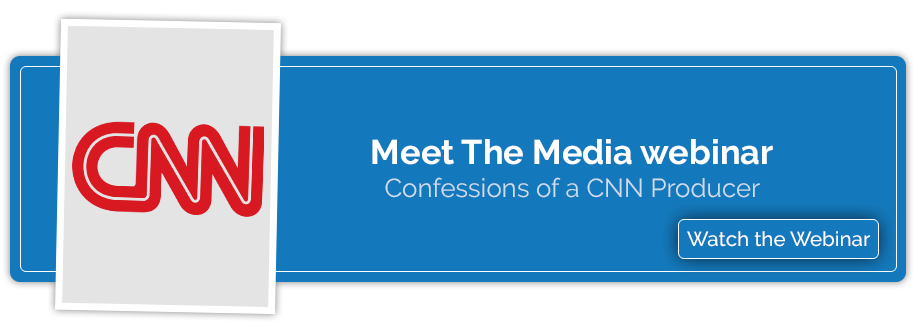Rethinking the role of media relationships in earned media coverage
By Lindsey ChastainApril 9, 2024
The right connections will open doors for your company, but the substance remains most crucial in earning media coverage.
 It's common for public relations firms to emphasize their close connections with journalists as a top selling point. The idea is that leveraging personal rapport can make it easier to pitch stories and gain coverage for clients.
It's common for public relations firms to emphasize their close connections with journalists as a top selling point. The idea is that leveraging personal rapport can make it easier to pitch stories and gain coverage for clients.
However, many experts argue that while relationships matter, their actual influence is limited. Bottomline, reporters decide what to cover based on newsworthiness, which poses an important question: Are strong media relationships vital for earning coverage, or are their power overstated?
Audio: Listen to this article.
The Reality of News Judgment
Experienced PR practitioners acknowledge that while connections can help get you through the door, it doesn’t guarantee media pickup. Editors evaluate pitches on whether a story fits their audience and publishing standards.
Friendly rapport won't stop a journalist from passing if a pitch lacks an intriguing angle or compelling information. No amount of charm overrides the news value equation.
Agencies should focus less on contacts and more on evaluating a client's initiatives to uncover potential story hooks. Then, match those angles with appropriate reporters. It's about relevance and substance over relationships.
Why the Myth Persists
If personal connections aren’t always the foolproof method to sway coverage decisions, why do some firms still sell their media access? There are a few reasons this practice persists:
1. Taps into the Desire for Shortcuts
Emphasizing relationships feeds the natural human desire for an insider track or shortcut. Having an “in” with the media seems like it would make getting press easier. But the reality is news judgment doesn't work that way. Editors have a responsibility to their outlet and audience, so no amount of friendship trumps publishing standards.
2. Feeds Client Misconceptions
Overinflating relationships also takes advantage of common client misconceptions about how PR operates. It distorts their criteria for evaluating agencies. Some put more stock in how many media “friends” a firm claims rather than proven expertise running impactful campaigns.
3. Creates Industry Pressure
In addition, exaggerating connections fuels pressure on firms to keep up with the Joneses. When some agencies sell their media access, others feel pressure to artificially inflate their contacts to compete rather than having more honest conversations about reasonable expectations and the true limitations of access.
Why can rapport alone fall short?
This isn’t to say rapport has no role. Relationships do help get a foot in the door, so pitches are opened and considered rather than ignored. You could have the perfect angle, but if you repeatedly spam reporters without even a basic awareness of their beat, chances of pickup diminish.
Some personal awareness also helps tailor pitches and story ideas to reporters' specific interests versus blasting generalized press releases. There is great value in connecting personally beyond only transactions.
However, once a journalist opens a pitch, the vetting process gets more rigorous. That’s where newsworthiness and fit take over. A reporter receives tons of pitches daily, all vying for a slot in the publication. Stories need to be timely and compelling enough to warrant attention over internal story meetings where editors debate what limited space to allocate.
At this final stage of news judgment, no degree of friendship provides an advantage if a story idea comes up lacking. Publication standards rule all.
A Better Path Forward
The takeaway is not that media relationships don't matter at all, but their role in earning coverage is less direct than typically portrayed. Outreach may open doors, but substance seals the deal.
Rather than fixating on contacts, agencies should help clients focus on developing newsworthy stories and matching those stories with the appropriate reporters –– regardless of any personal ties.
Day-to-day, the onus is on agencies to uncover and craft the stories that captivate to organically earn coverage. A good story sells itself. Building those narratives should be the focus before worrying about contacts.
For more information about media relations, download our “Learn Media Relations from The Media” e-book for additional tips on interacting and connecting with journalists and PR professionals.
Photo by RDNE Stock project
Topics: media relations, earned media, news media



Comment on This Article